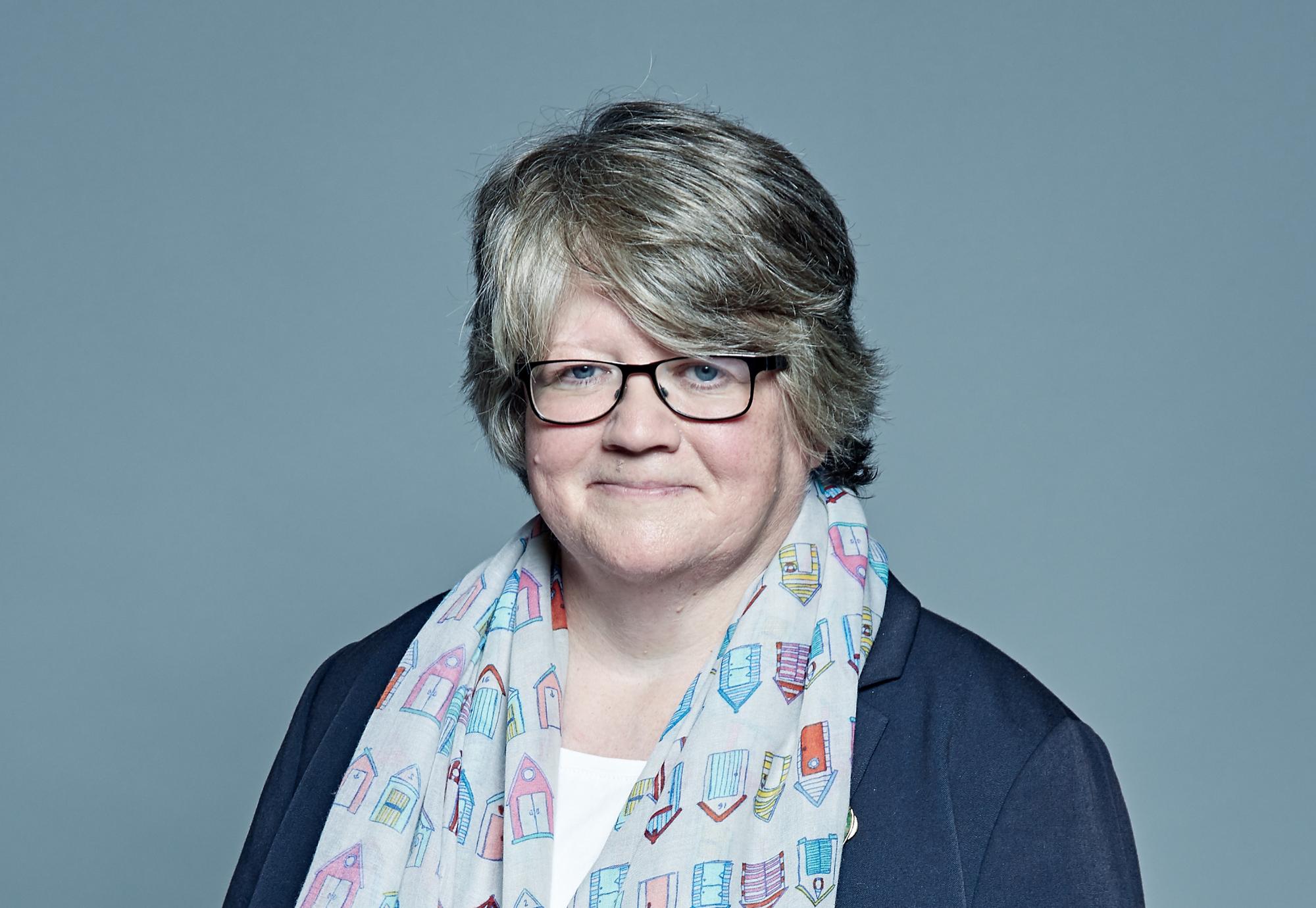Liz Truss has named the former Secretary of State at the Department for Work and Pensions, Thérèse Coffey, as her new Deputy Prime Minister and the Secretary of State for Health and Social Care.
Coffey replaces Steve Barclay who served during the outgoing Prime Minister Boris Johnson’s handover period whilst the Conservative Party elected a successor to take over as leader of the party and therefore the country.
Coffey briefly attended Oxford University before getting a PhD in chemistry from University College London. Between May 2015 and July 2016 she served as Deputy Leader of the House of Commons, as well as on the Culture, Media and Sport Committee until being appointed Parliamentary Private Secretary to Michael Fallon.
She then served as Parliamentary Under Secretary of State at the Department for Environment, Food and Rural Affairs for three years from the 17th of July 2016, before being appointed Minister of State in the same department.
The Suffolk Coastal MP takes over the reigns in a period of crisis with NHS Confederation Chief Executive, Matthew Taylor, saying the NHS and social care system is “in a worst state than in living memory.”
On the appointment, he said: “Immediate support is needed for the NHS but with over 130,000 vacancies and a real-terms funding cut that could stretch to £9.4bn this year, there is no quick or easy way out of these deep-rooted problems.
“Health leaders need a Government that is ready to listen and ready to act for the long term. We will not have an NHS that is fit for the future without investment in capital, in its workforce, and in our broken social care system. There is no time to delay.”
The interim Chief Executive at NHS Providers, Saffron Cordery, said on the appointment: “Our frontline staff have done a sterling job reducing the longest waits for care and ramping up activity but with over 6.7 million people waiting for planned treatment and the numbers continuing to rise, these challenges could derail the NHS’ efforts to bear down on care backlogs.
“Urgent and emergency care is under constant strain with long waits in extremely busy A&E departments and ambulance services severely stretched. These pressures have been compounded by delays in discharging patients who are well enough to continue their recovery at or closer to home, with shortages of social care staff and funding shortfalls a key issue.
“The new prime minister stood on the steps of Downing Street today and pledged to put the NHS on a ‘firm footing’. We hope that she, and the new health and social care secretary, will not duck these big issues and work with those on the frontline to deliver solutions.”
More information on the new Health Secretary’s political career and background is available here.



















